
Over 1 million books were published last year, many a result of the explosion of print-on-demand (POD) and electronic books (ebooks). This is great news for readers who can find the gems buried in the mountain of self-published books. Unfortunately, most self-published books are expensive and many are supremely disappointing.
The bestseller lists are packed with the same old cadre of hyped (and over-hyped) celebrity authors churning out formulaic stories that all sound the same. These books are safe bets, but wouldn’t you rather discover fresh new voices headed for the bestseller lists? Find them here.
We are here to sift through the mountain of self-published and small press books and stack the gems neatly for you to admire. We’re not a huge site. We may never be. What we are about is quality. We don’t give indie writers a break because they’re small. We expect a compelling story and a professional book that can hold its own against that paperback you bought last week in Wal*Mart.
If you are looking for a great book from a writer you’ve never heard of, IndieProse.com is the place to start.
Personally, I don’t have a problem with IndieProse putting this together. It’s a big market and a good business model…for them. I just wonder about its usefulness. Gatekeeping in traditional publishing means that the publisher takes a risk – they put their money up in the hopes that the book will be successful. This is the key to gatekeeping – not just that a publisher liked it, but that they liked it enough to put money behind it. That value potentially means literary value.
The problem with IndieProse’s stamp of approval is that it really just gives writers another place to list a book online. There is nothing yet suggesting what exactly writers get for the investment. If IndieProse were to send out frequent press releases or otherwise aggressively promote the site, then the $150 fee to be listed makes some more sense. But if your book’s just sitting there on a static website, this might not have a lot more value than, say, commenting on this blog post with a link to your book – which is totally free.
I don’t want to knock IndieProse too hard, because this model could help a writer or two get attention. My novel won a couple of awards – for a fairly hefty entry fee – so I’m not immune to wanting to enter into this kind of arrangement. The IndieProse stamp of approval is sort of like saying a book won so-and-so award. Helpful, but only if IndieProse has clout and reach.
And only if the site is selective. The problem with this is the operators need to be totally aboveboard ethically. As a commenter says on LJ Seller’s site, IndieProse needs to be rejecting books at the rate publishers reject books. But if their total investment is bandwidth (which is a minimal cost) you could see them accepting everyone just so they can get the entry fee.
This isn’t the only site of its kind – IndieReader does something similar. The difference with Indie Reader is that they’re an actual bookfront as well, whereas IndieProse sells via Amazon. April Hamilton mentions:
If we don’t need ’seal of approval’ services for indie films or music, why do we need them for indie books? When I read about programs like this and find self-publishers are using them, it makes me wonder if self-publishers, as a group, suffer from a collective dose of low self-esteem.
Maybe, or it’s just that the world of self-publishing, and books in general, is so insanely competitive that writers need every bit of help they can get. If you can afford this, you might think about it. But if you can’t, there are probably better ways to spend your money – unless IndieProse can guarantee you some amount of increased visibility beyond a badge and placement on a website.
Get an Editorial Review | Get Amazon Sales & Reviews | Get Edited | Get Beta Readers | Enter the SPR Book Awards | Other Marketing Services








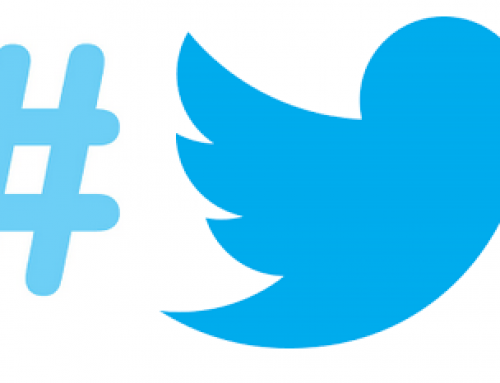

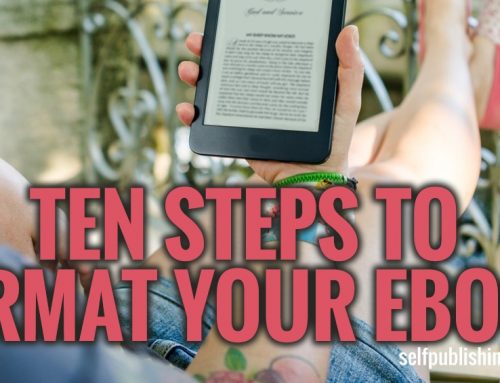

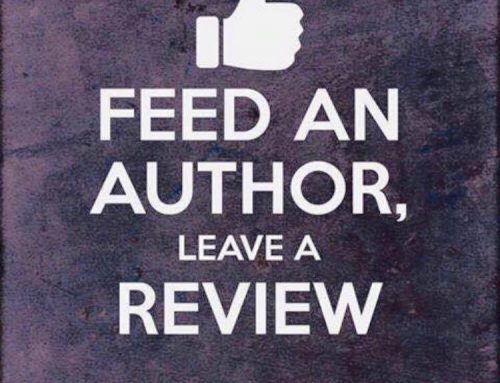


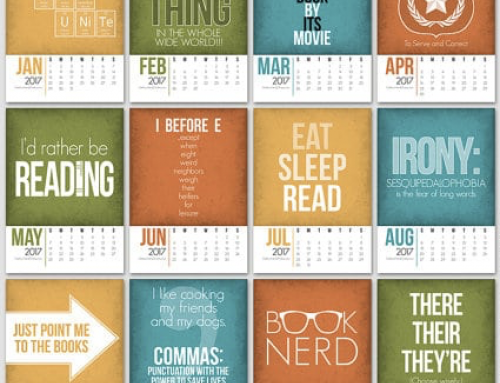
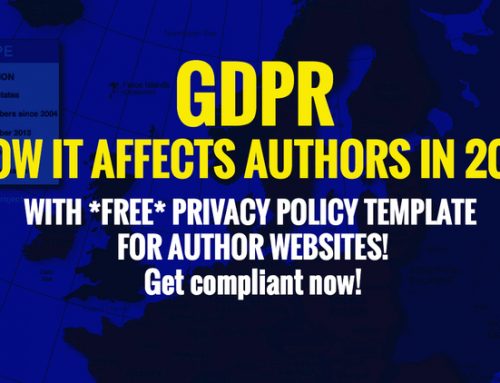
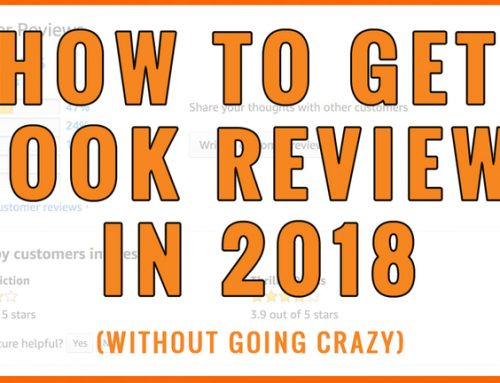
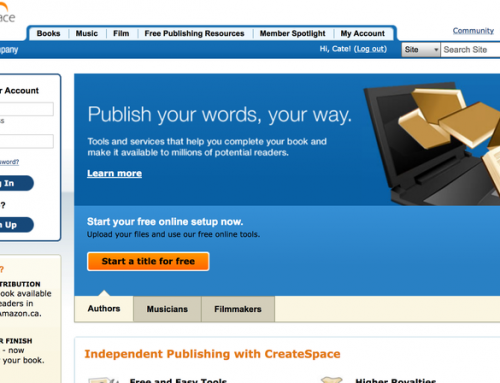
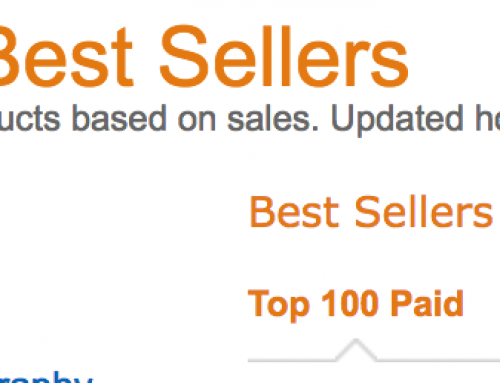
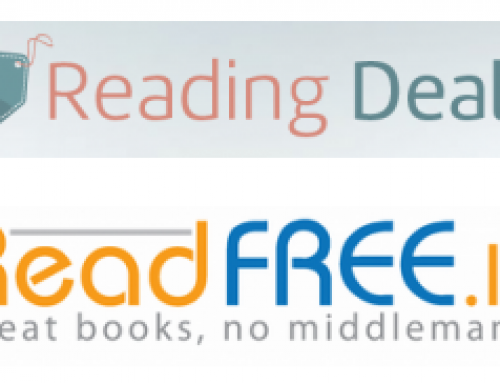
So I’m a book person. I believe in the look, feel, heft, even the smell of real books I can hold in my hand. I’ve invested plenty in “real” books–that I’ve written–damn right I have– but also in books written by previously unpublished authors. I have a corps of fans who periodically search on my name to see if there’s anything new. But if I didn’t have a following, and given the breathtaking rise of ebooks and the many lucrative means for selling them that are open to all, I would not =dream= of launching a hardcopy edition before I’d tested a new book in the ebook marketplace, read comments, counted sales, analyzed sales trends. I might never publish a book via offset again, but I wouldn’t invest even in a print-on-demand edition if I wasn’t positive could earn back my investment (which is only around a thousand bucks per title because I set my own type and sell books sold direct by Lightning Source, which is to say Ingram).
I’m hardpressed, when I look into any kind of unfiltered or non-filtering scheme of the IndieProse.com type, to understand why self-publishers don’t simply skip all that useless crap and just post to the Google Partner Program =and= test the book with readers in a competitive setting like Kindle or Scribd or the Apple store. I mean, there are a zillion other entries out there on =any= given day, each vying for recognition. But there are a zillion opportunities to sell books too. Some of it’s lucks, some of it’s skill, all of it is “being there.” You cannot sell an edition of a book you never offer, but all editions aren’t made equal and all aren’t necessarily out at once. The hard part–and the most courageous–was writing the book. The rest has to do with the same plan so many of us are using, because there’s no better plan. Learn the plan, lean into it, build your brand, and find your market. That’s basic to moving any product. If you have money to invest in advertising your book, then advertise. But DO NOT pay for a place on an insipid pay-to-play site that offers no value beyond a tiny slice of nearly free bandwidth.
Thanks for Google Partners Program tip. Any thoughts on self-publishing contests? There’s a dozen out there but I’m not convinced winning them does much good. And they all cost. The Writers Digest and Amazon Breakthrough Award are the only two that seem worthwhile. What say ye?
I’ve won a few awards – Hollywood Book Festival, DIY Book Festival, IPPY Award. They don’t do a whole lot for sales, but they’re good for promo materials – it’s easier to get higher-profile reviews if you say: This won that. Also might sell more copies of lower-priced ebooks on the Kindle and elsewhere.
Finally, I offer my ebook for free most places and since I listed the award I’ve seen a huge rise in the number of downloads. If nothing else, it gets people to read the book with maybe an open mind – not “is this going to suck?” but “someone liked it.” As much as I don’t like what’s become of publishing, having a stamp of approval from someone (i.e. a gatekeeper) can open doors.
hUM. I too struggle to understand why writers need official self-appointed gatekeepers to tell us what to read, when they don’t seem to exist in other branches of the arts. Are there not free excerpts available on Amazon? Does a cup of Starbuck’s bitter and overamped coffee not cost a lot more than most books by unknowns on the web?
Is the average reader honestly unable to read a few paragraphs of a book he is thinking of purchasing and decide if an author knows what he is doing or not?
Why is anyone in agony over losing ninety-nine cents on an ebook ?
Are readers dumb sheep? This all mystfies me. Maybe we DO deserve a few more rounds of, “they seek human, blood, they can’t be killed, they are active at night…blah blah snore.
I think it’s all about desperation, really. Absolute desperation to have some visibility somewhere, somehow, in a seemingly indifferent publishing universe. I find myself getting this desperate sometimes, especially when I hear back from the owner of one of my local independent bookstores in Brooklyn, who tells me she supports indie writers like myself in theory but just doesn’t have the shelf space. but you just have to step back and ask yourself what you’re getting in return for visibility on a site like IndieProse vis-a-vis the money spent. Nothing, really.
People want easy answers and there are none. You have to go out and do your dances like a good performing monkey and then uncrumple the dollar bills stuffed into your g-string, put them in your “self publishing piggy bank of sadness,” and move to the next street corner. It’s a dirty, depressing business, but what else are you gonna do? Just keep your chin(s) up and keep dancing, maybe whip out a few ass shakes. people who like your moves might take pictures/video and put them it on youtube! or not, whatever.
The Self-Publishing Piggy Bank of Sadness was an alternate title for this site. True story.
Jeez, since I started in 1985 I have never been sad about self-publishing. I have been sad since then about relations with publishers.
oHMIGOSH, NOW THERE is A WRITER. “tHE PIGGY BANK OF…LOVE IT.
ohmigosh now there IS a writer. “The piggy bank of sadness. Fine name for an indie band. More, more, please.
Where oh where may I find your work?
Hello Linda,
My blog is at http://seetimblog.blogspot.com/
And I have a book, like every other person on earth. The site is at http://www.tuningintokyo.com
And the Amazon page is here: http://www.amazon.com/Tune-Tokyo-Diaries-Tim-Anderson/dp/0615365825/ref=sr_1_1?ie=UTF8&s=books&qid=1280374438&sr=8-1
Ok, pimping officially over!
The whole thing sounds kind of scammy to me. And, it seems like another “vanity” thing that would give self-publishing a bad name. Make us look like stool pigeons shelling out dough for some sort of “legitimacy” or stamp of approval.
You shouldn’t have to pay for anyone’s stamp of approval. If your book is good enough, it will get stamps of approval from real readers and they will recommend it to others. Word of mouth will spread that your book is actually good. Your sales at amazon & bn.com will go up, and you’ll get MORE recognition.
The public can judge for themselves. Gatekeepers are no longer a necessity. Isn’t that what indie/self-publishing is all about?
Okay, well maybe not ALL about…but, …ya know what I mean. 😉
Something like this could definitely work – and be very helpful – but it would need to be a huge site with lots of credibility. Maybe some literary celebs involved. A big, all-powerful site that’s a go-to reference would be very nice. I don’t see how a self-purported small site is going to do much good though.
IndieProse isn’t the only site around like this. PoDhouse performs the same function but uses different criteria and doesn’t charge authors for membership, which we believe is a more ethical approach. For more information, please visit http://www.podhouse.co.uk.